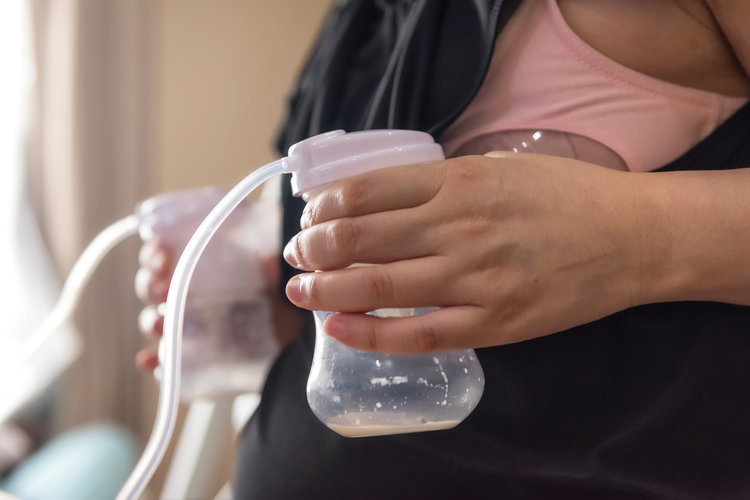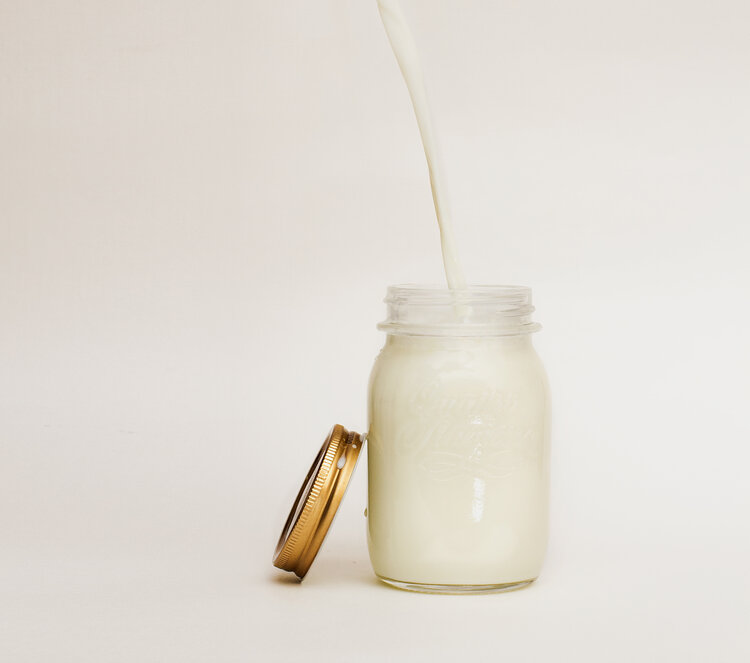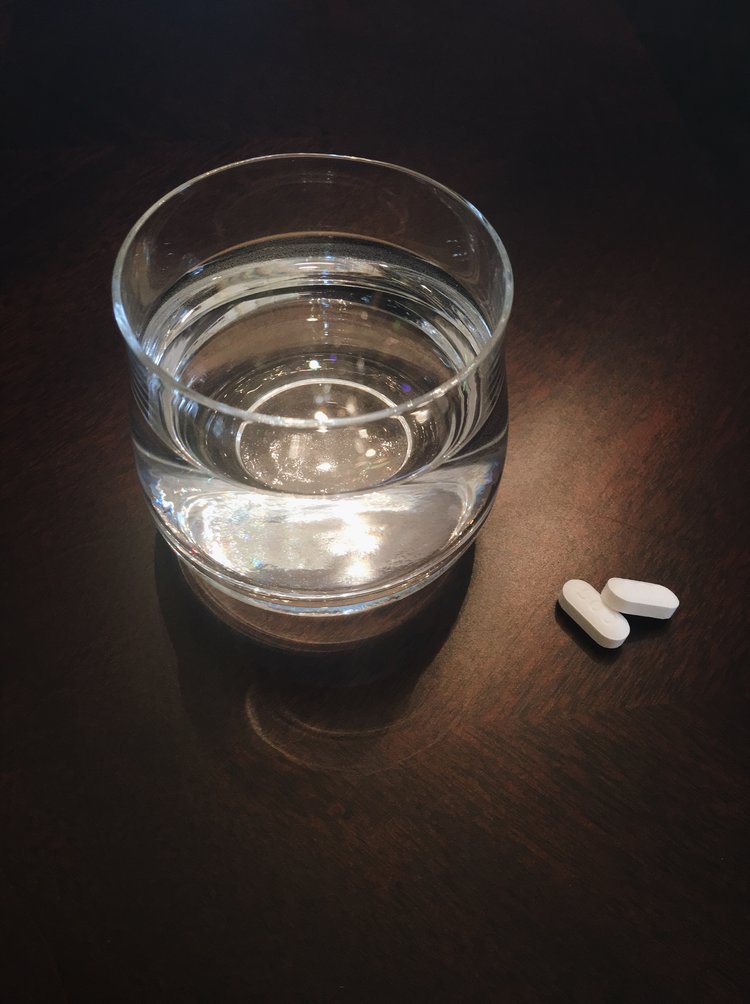
During pregnancy, hormones signal a woman’s body to prepare for milk production. Sometimes milk leaks from nipples prior to childbirth. For the first few days after birth, you may notice a thick, yellowish substance that can be expressed from your breasts. This is called colostrum. About 2-5 days after birth, colostrum will become whiter and thinner, and the amount will increase. This process, called lactogenesis II, marks the shift from colostrum to transitional milk. You may notice that your breasts feel hard and full. By 10-14 days, your breasts will shift to making mature milk. As long as milk is being removed regularly from your breasts, they will keep producing milk. When the milk is not being released through breastfeeding or expressing, milk production will decrease and eventually stop.
The drying up process
If you have been breastfeeding or expressing milk, it’s best to gradually taper the amount of milk that’s being removed by spacing out how often you remove milk, and removing smaller amounts with each feeding or expressing session. If you decide not to produce milk, try to avoid stimulating your breasts.
Make sure your breasts are well supported. You’ll want to wear a supportive bra both day and night to support your breasts and keep you comfortable. Because there will be leaking, be sure to have breasts pads to soak up the milk. Most woman are able to dry their milk within weeks if they limit how much milk is expressed, wear a supportive/firm bra, use cold packs and medication to help with pain and swelling.
Things you can do to help
- You can relieve pain with cold/gel packs or a cold compress. Some women claim cold cabbage leaves can be soothing (click to read more about cabbage leaf relief).
- If you are tapering from breastfeeding or expressing milk, when your breasts feel overly full, express a little milk with your pump or hand. Express only enough to make you comfortable.
- Mild painkiller medications may help relieve pain, such as acetaminophen (Tylenol) or ibuprofen (Motrin).
- Stay hydrated! Dehydration is not safe and will not help reduce your milk supply.
- If you are uncomfortable lying in bed with heavy, full breasts, try lying on your back or side with a pillow to support your breasts.
- If you want to try a medication used to dry up milk, talk to your health provider about options and whether they are necessary in your case
How long before the milk goes away?
Suppressing your milk depends on a few things, like the age of your baby, how long your body was producing milk, and at which week you gave birth. For some, it could take days or weeks for their milk to go away completely. It will likely be a different experience for each women, but it is common to have leaking, and delayed milk let-down even months after. Learn more about milk suppression related to an infant loss here.
Things to watch for
Sources:
















